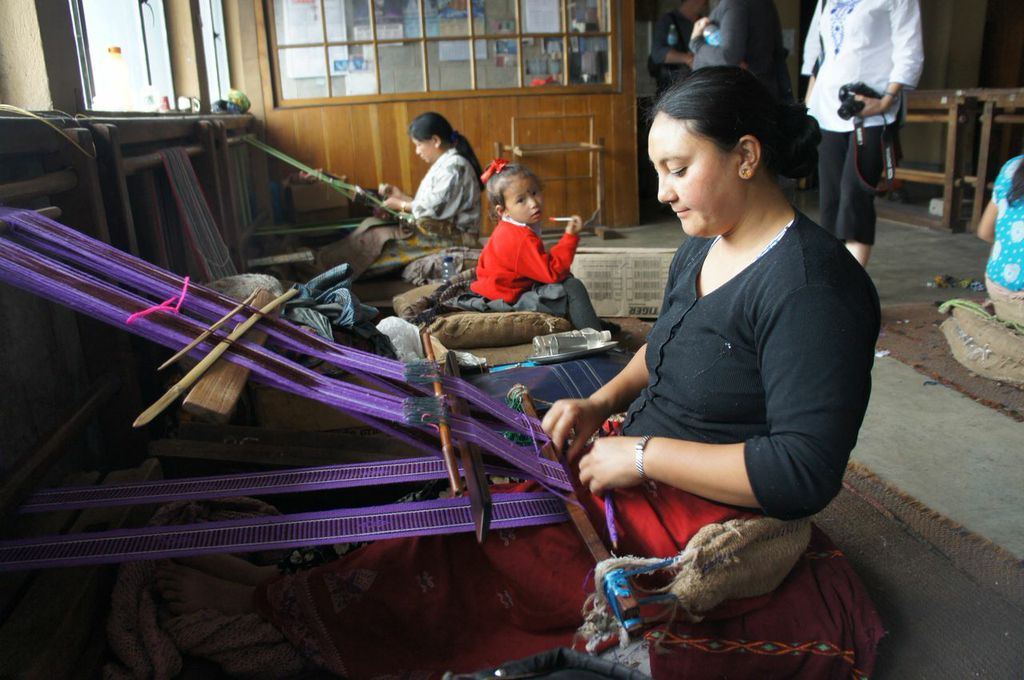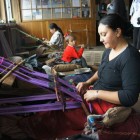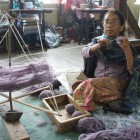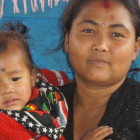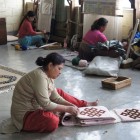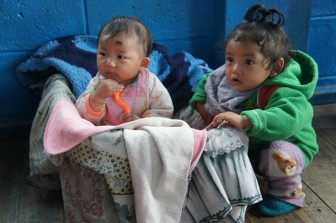DARJEELING, India — In a cavernous building on a steep street in this Himalayan town, several activities are going on. Toddlers roam a sunny room as their caregivers sit on the floor nearby. In another tall-ceilinged room, women sit on mats and weave carpets at looms against the wall.
And soon, in the afternoon, kids from school will flow in to have snacks, work on computers and go over their lessons in the after-school program.
It’s Hayden Hall, a comprehensive program that offers a range of services to women and their children in Darjeeling.
The after-school program is both similar to and different from out-of-school-time programs in the United States.
It actively seeks to close the gap between low-income kids and more affluent ones, as do U.S. programs. It also provides a safe place for kids to be while parents are working, and it serves many children of single parents.
In Darjeeling, however, the quality of poverty is different, and the program addresses the wider needs of its families.
Many of the parents — men and women — do hard, physical labor, carrying loads in baskets on their backs all day.
“Poverty literally sucks your life out,” said Radha Karky, Hayden Hall administrator. People are literally thinking about what they are going to eat next, she said.
In this city that draws tourists from the rest of India — and from Thailand, other Asian countries, Europe and North America — the array of goods in the shops and the attractively dressed people mask a poverty exacerbated by the caste system.
The area is the world source of Darjeeling tea, which comes from numerous plantations lining the mountain slopes. Women are the tea-pickers, earning less than $2 per day.
The mothers of many children in the program work as domestic help. Often, they are single because their husbands have left them to marry a second or third wife, Karky said.
“They come from families who are illiterate or semi-literate and hardly have any knowledge of English,” Karky said. “It is a Catch-22 situation!”
To pay for the after-school program, parents contribute a day of service each month in addition to a fee of 160 rupees, or about $2.75 a year. Mothers often spend a day in the cloth-weaving room.
In return, the family gets medical benefits.
Hayden Hall also teaches carpet-weaving and employs women full-time in carpet production. The goods produced there are sold in two shops in Darjeeling to help support the program.
Hayden Hall serves 300 children from kindergarten through high school, with a teacher-child ratio that is much lower than in school. They get remedial help with their schoolwork to put them on a par with children in better schools.
The children attend schools whose quality is far different from those many middle-class children in India attend. For example, 50 or 60 children may be in a classroom, Karky said.
The organization was begun in 1969 by a Catholic priest to provide a gathering place for youth and to start a conversation about problems in the area. It soon realized that women’s health was a major issue. Among the poor, women and children were the most deprived, Karky said.
Hayden Hall expanded its services to provide visiting health workers to nearby villages and has continued to evolve.


